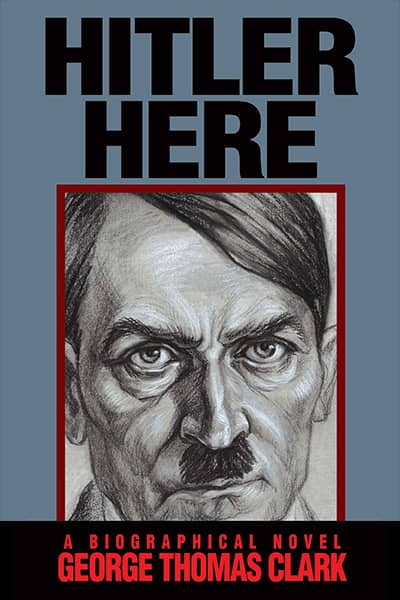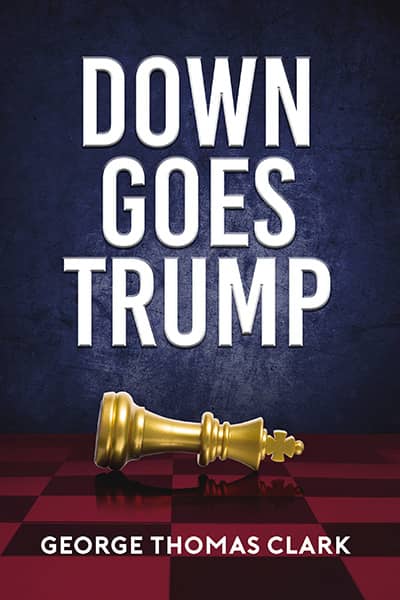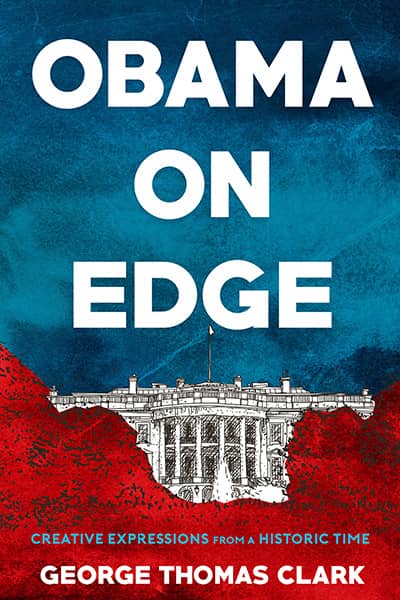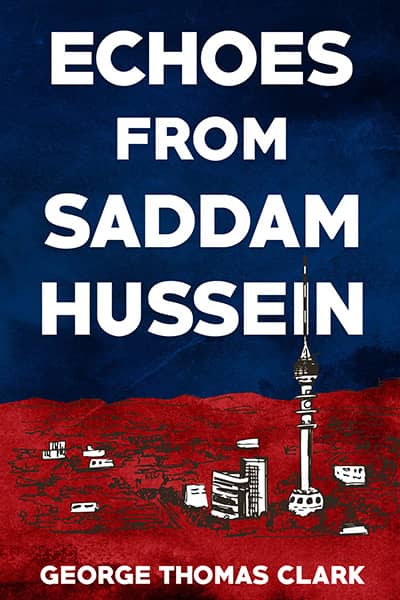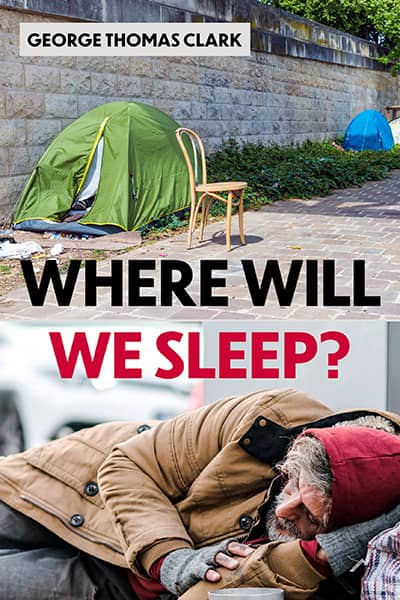Explosions and Elections in the Middle East
March 6, 2005
Several days ago Iraqi insurgents in Hilla detonated a massive car bomb scattering body parts and clothes onto a street puddled with blood. About one hundred twenty people died and many more were wounded. Most of the victims – typically – were unarmed, unprepared, and lightly guarded recruits for the army and police. They were waiting in line for medical checkups. Numerous women and children, shopping nearby, also lost life or limb. The insurgents have been in a suicidal frenzy, blowing up people at religious events and elections and any other place targets gather.
Are the insurgents doing this to punish the United States for invading Iraq? The answer to that, in a country otherwise full of complexities and unknowns, is resoundingly no. The insurgents, instead, seek to destroy those who would build and protect a modern democratic government. Since eight million Iraqis recently risked death to vote, the message of the insurgents is unmistakable: if you try to be free, if you try to forever wrest yourselves from the stranglehold of Saddam and his fascist remnants, we are going to threaten and intimidate you, and if that doesn’t work we are going to kill you.
At this stage it is not especially helpful to rebuke the Bush administration for lying about why a relatively defenseless and unthreatening nation had to be attacked in a manner unequivocally counter to international law. The act cannot be undone, and many thousands of civilians have perished under fire from the Arsenal of Democracy. It is more useful now – in fact, it is mandatory – to acknowledge some trends, however preliminary in nature, that could rescue George W. Bush from a dark place in history and, indeed, be part of a seminal shift in and near the Middle East. You’ve heard the president’s boast: “Freedom is on the march.” At this stage that is probably an exaggeration, but Afghanistan and Iraq have recently held elections more promising than any in their history. And for the first time in its seven-decade existence, Saudi Arabia offered elections for seats on local councils. Women, naturally, weren’t permitted to vote. But no one in the United States should smirk since women and blacks were long disenfranchised here. Instinct tells me Saudi women will fairly soon be marking ballots, when the vote is about who’s going to replace the corrupt and hidebound royal family.
In Egypt, President Mubarak has recently promised to amend the constitution and actually run against someone in his next campaign. We’ll see. More imminently, he should release peaceful political opponents whose only transgression was to publicly disagree with this ancient and entrenched autocrat. It is also most encouraging that the Palestinians have freely elected Mahmoud Abbas, a man who on his worst day will be better than Yasser Arafat on his best. Let’s as well commend a recently enlightened Ariel Sharon for finally committing Israel to withdrawal from the Gaza. How that can also be achieved in the West Bank – a larger and more strategically vital area – remains lost in the suffocating shadows of the big wall being put up between people who need trust not division.
The Syrians are also starting to change. After their probable involvement in the assassination of an opposition leader in Lebanon, protesters filled the streets there and compelled the occupiers to announce they will someday go home. And following persistent messages that sound like threats from the Bush administration, Syria seized Saddam’s half-brother and some other financial supporters of the Iraqi insurgency. As the Syrians become encircled by liberalizing regimes, they may find it expedient to follow through on their promises to vigorously identify terrorists.
How much of this is George W. Bush responsible for? Certainly, Iraq would not have had free elections at that time without a U.S. invasion. Was it worth the massive loss of life? Relatives of most of the dead probably don’t think so. What the history books will someday decree depends on whether democratic trends in Iraq, and elsewhere, can be nurtured and sustained. If that happens in a time frame relevant to the president’s policies and actions, some will declare what he has long believed – that he is the father of democracy in the Middle East. If not, he’ll be a bully forever identified with other powerful leaders whose personal convictions caused much suffering in distant and tragic lands.
